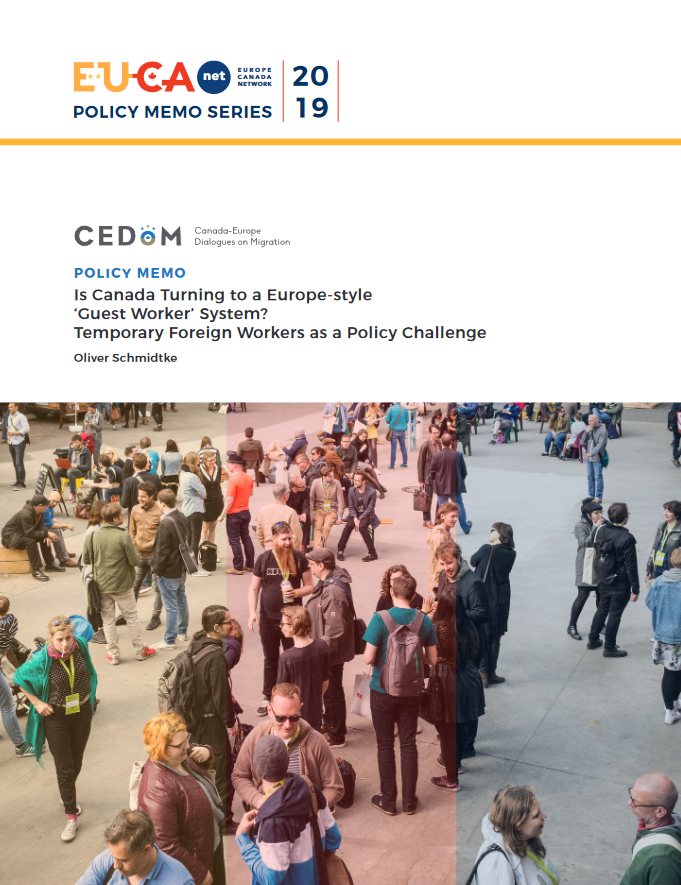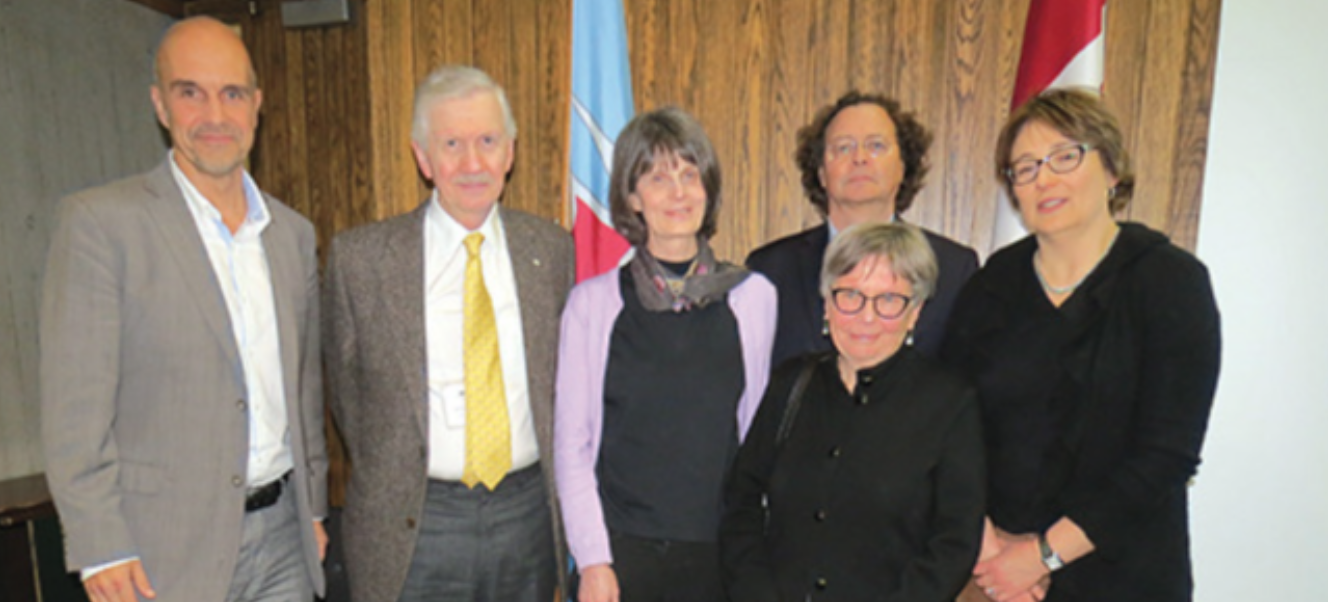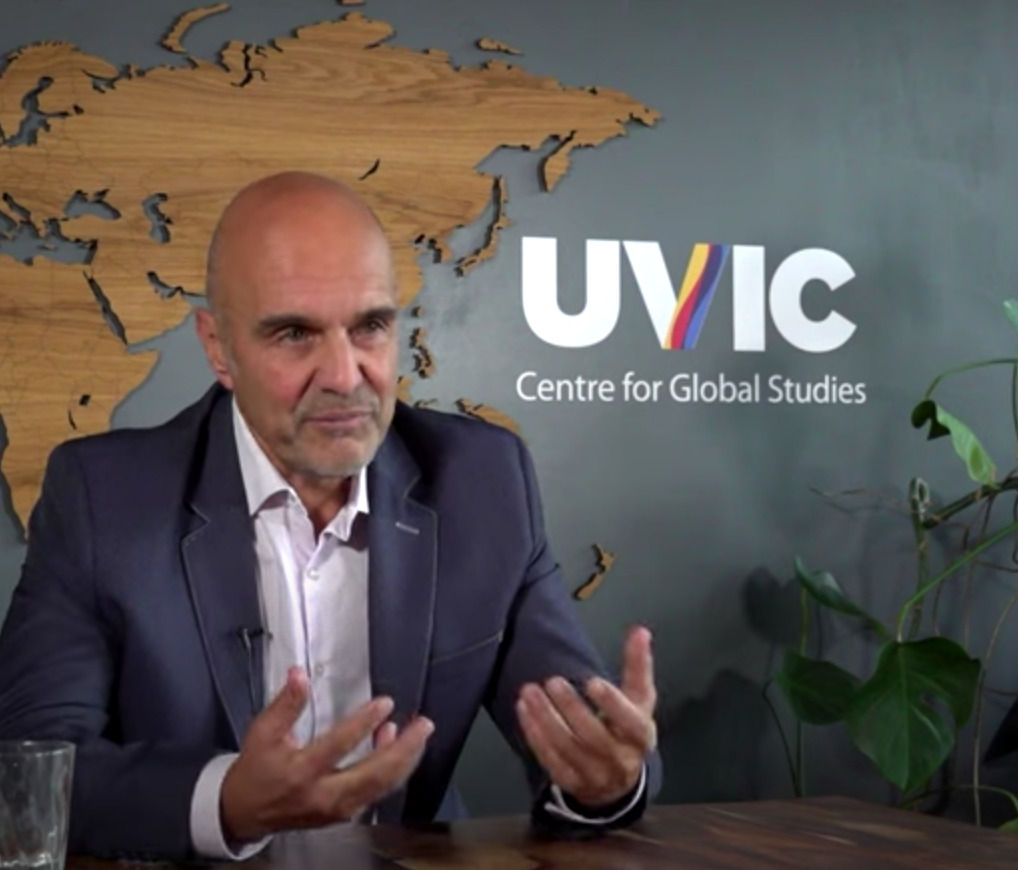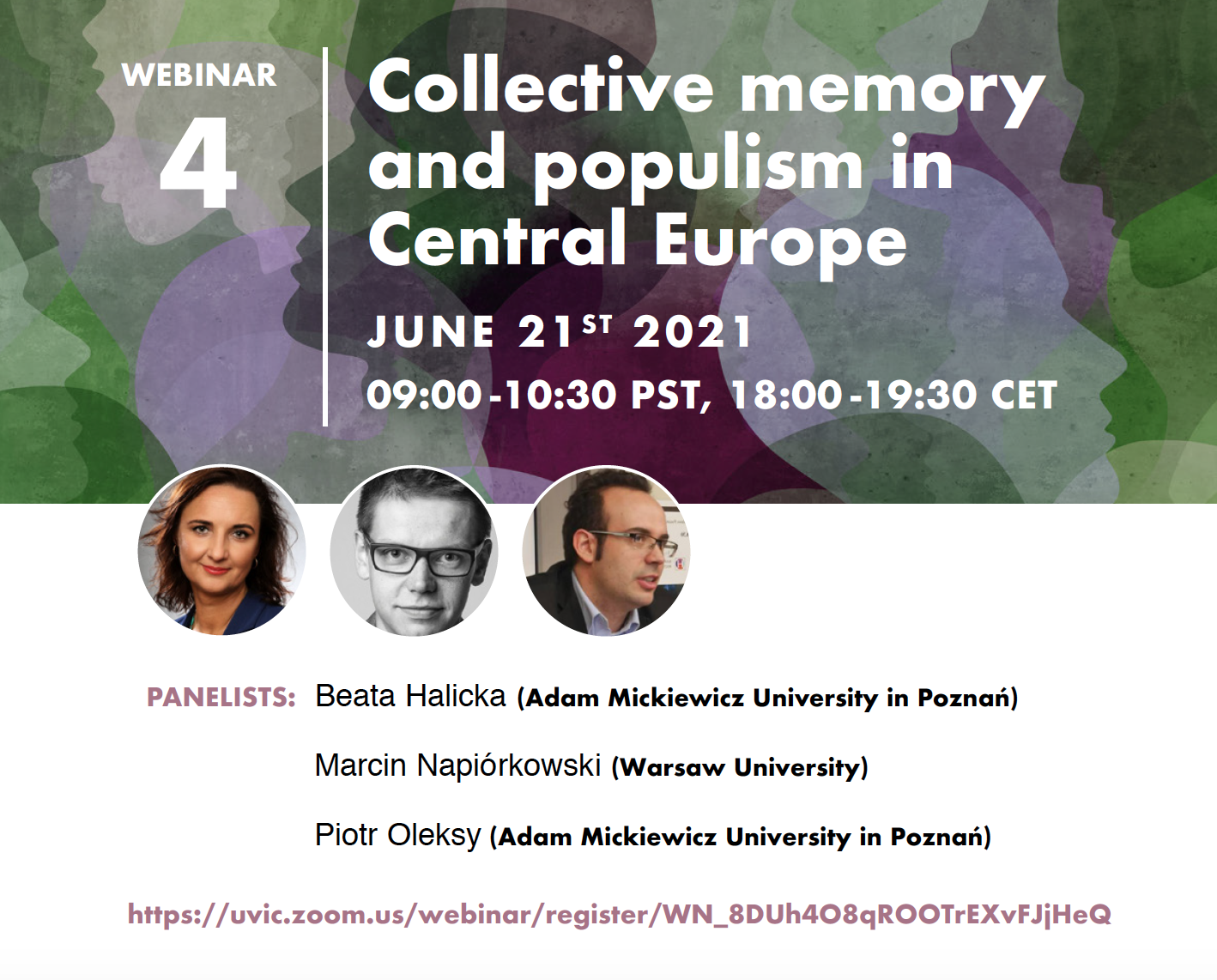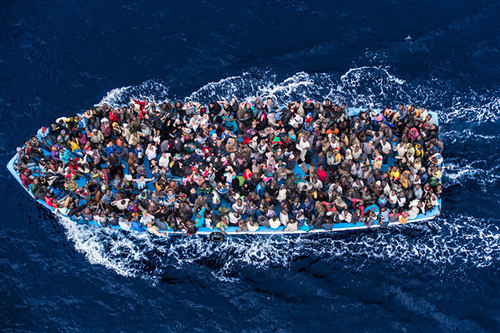Governing Irregular Migration and Refugees – Towards Pragmatic Approaches and Effective Policies in a Transatlantic Perspective
This project addresses one of the most contested and polarizing issues and the central mobilizing issue in competitive party politics: (irregular) migrants and refugees. In current public debates, migrants/ refugees are subject to divisive politics, a process in which in particular political elites mobilize fears and use this group as scapegoats in emotionally charged political campaigns. Arguably, the politicization of issues related to migration and refugees has been a driving force behind the rise of the radical right in many Western democracies. Yet, the governance of migration and refugees is largely removed from a rational process of democratic coordination, cooperation, contestation, and conflict resolution. It is hard to imagine a field of public policy making in which one would find a similar disjuncture between a highly polarizing politicization of the issue on the one hand and the lack of pragmatic-effective program or policy development on the other.
Our partners for this project are Konrad Adenauer Foundation Canada, Borders in Globalization, and the Centre for Global Studies
This project focuses on how issues related to (irregular) migration and refugees can be addressed in local, regional, national, and transnational communities organized around pragmatic, policy-oriented approaches. Key research questions are: What are effective policy initiatives regarding the governance of irregular migration in a comparative transatlantic perspective? How effective are civil society based democratic modes of deliberation and problem solving in tackling issues of selecting, welcoming and integrating migrants? In particular, what can we learn from the capacity of political communities at various levels of governance to tackle contested issues related to migration and refugees through democratically based process of deliberation and collaboration around key societal and public policy challenges (from local initiatives such as private sponsorship program for refugees in Canada or responses at the local or provincial level). The transatlantic comparative dimension will be of critical importance with a view to Canada’s approach to governing issues of migration and refugees specifically with a view to innovative policy approaches and multi-sectoral governance structures.
Activities see above

